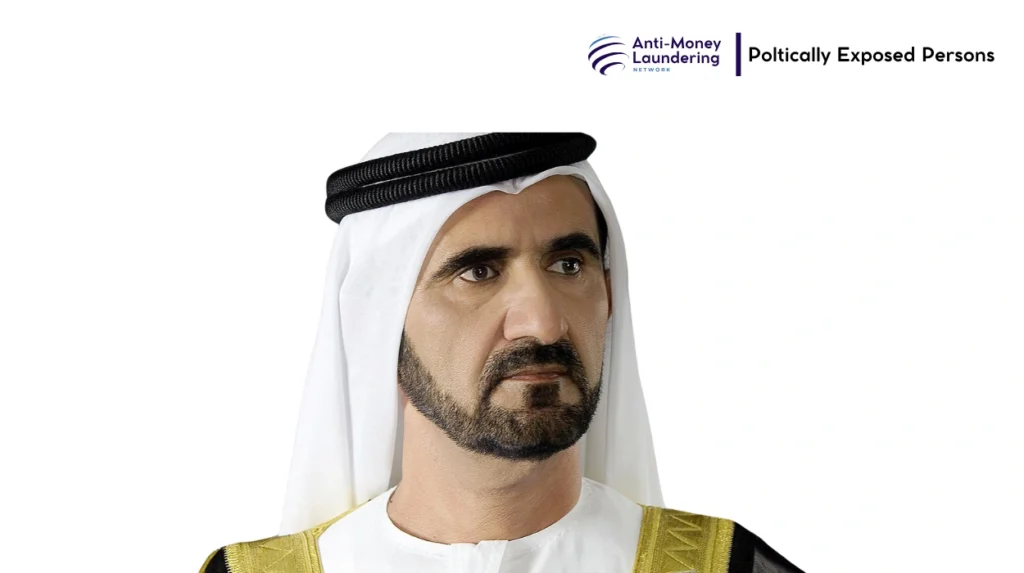Sheikh Mohammed bin Rashid Al Maktoum’s Dubai presents a paradoxical landscape where official anti-money laundering frameworks exist alongside documented systemic shortcomings that allow politically exposed elites to exploit financial secrecy. Despite the establishment of specialized courts and executive offices under his mandate to combat financial crimes, Dubai remains a global hub for opaque offshore networks and hidden wealth. This duality reflects a political system that enables impunity for ruling elites through regulatory loopholes, lack of transparency, and the strategic use of state-linked institutions to shield illicit wealth, undermining genuine anti-corruption and financial integrity efforts. Such conditions not only facilitate the concealment and movement of illicit wealth but also reinforce Dubai’s role as a key node in global money laundering and financial misconduct.
Sheikh Mohammed bin Rashid Al Maktoum, while not directly convicted of money laundering or financial crimes, is strongly implicated in elite practices of concealing wealth through secretive offshore structures and benefiting from Dubai’s opaque regulatory environment. The political system under his leadership appears to enable impunity for the ruling elite and shields complex networks of illicit financial flows. Dubai’s reluctance to cooperate with international anti-corruption efforts reinforces the critique that the emirate functions as a hub for hiding and laundering wealth linked to both domestic rulers and international corrupt actors. This systemic opaqueness directly undermines global transparency and regulatory integrity.

